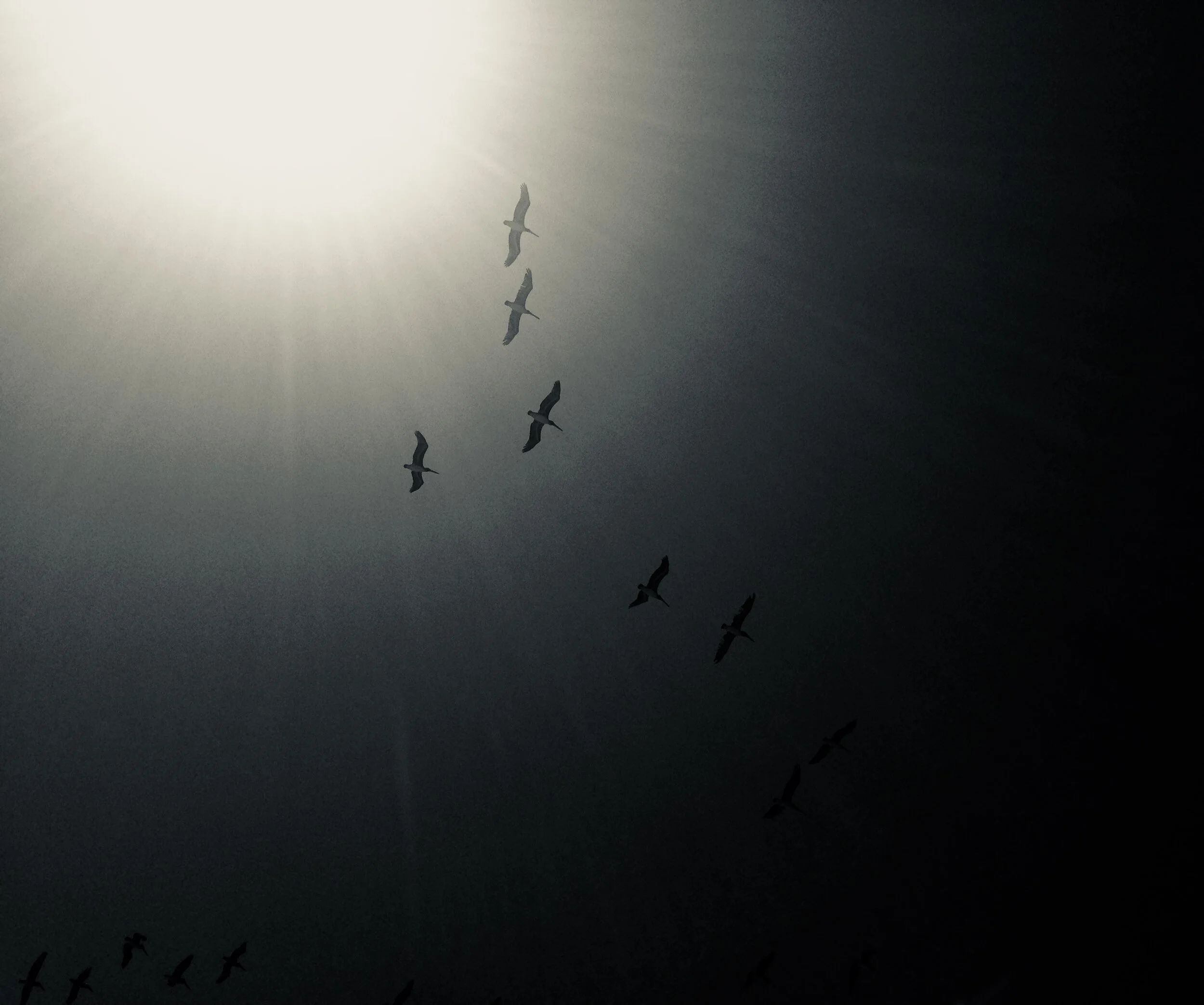sing it again
He asks me to sing it again and again
Lying in the low light, naked,
His sweaty, small
Head resting on my arm.
I sing the story of
The little
boat, boat, boat
Who ne-ver learned to
float, float, float
As we gaze at the picture book
of moonlight over water
And a tethered tiny boat.
I think he’s trying to help himself to sleep
But he’s up to something else.
After many rounds of “again, mama”,
He says, choked,
“that makes me feel so - so – sad!”
Then, the flood of tears
commences.
He wails with abandon
Eyes shut tight - tears wringing out
Like drops from a rag.
I hold him, lightly, and listen with awe.
How does this small human, 3 years here, know
So much
About how to be with grief?
Several minutes pass, it’s quiet again.
A slow breath, big exhale.
The tide recedes and he asks, with a shaky voice,
“Can you sing it one more time?”
what’s special about this child is that soft, mournful music has always made him wail. I remember him 6 months old, just sitting up, when I found an old harmonica and began playing softly. Instantly, his face twisted into pain, and he began to make a sound that reminded me of a lone wolf. I experimented, did it with a happier lilt, no crying. The piano, same thing. Violin, no question.
What is not special about this child, is that every child knows something about how to grieve. They all know how to completely let go into the vast emotional space that can be anything from joy to anger to pain. I tend to judge this as immaturity, as something to grow out of, but I wonder…
What if the deepest wisdom of the body is allowing the full spectrum of expression, clearing the path for vibrant health?
Maybe that’s why kids are so full of life, because they allow themselves to feel it all. And as they feel it all, body systems integrate and metabolize. Our bodies hold our stories, our past, our traumas, and our unprocessed emotions. As years go by, it often becomes compelling to hold a good bit of that in, and in holding, things get buried. In the lungs, grief. In the heart, overwhelm. In the liver, anger.
What do our smaller selves know about how to keep these organs functioning well, and what learned stories keep us from that vibrant way of living in full health?
In this culture, we learn to move away from what feels ‘bad’, move towards what feels ‘good’, and learn very little about the journey of acceptance of all that is. Watching my 3 year old cry with such complete surrender to his own grief, I am reminded about how to do so myself. But hearing him then ask me to sing it again - to face the pain without aversion or fear - my heart turned to regard him with the utmost respect and awe. I want to learn from this newer person how to face what is with the same calm, curious acceptance. And whether it makes me wail and cry or laugh and rejoice, I want to know I can be with it all, in real time.
